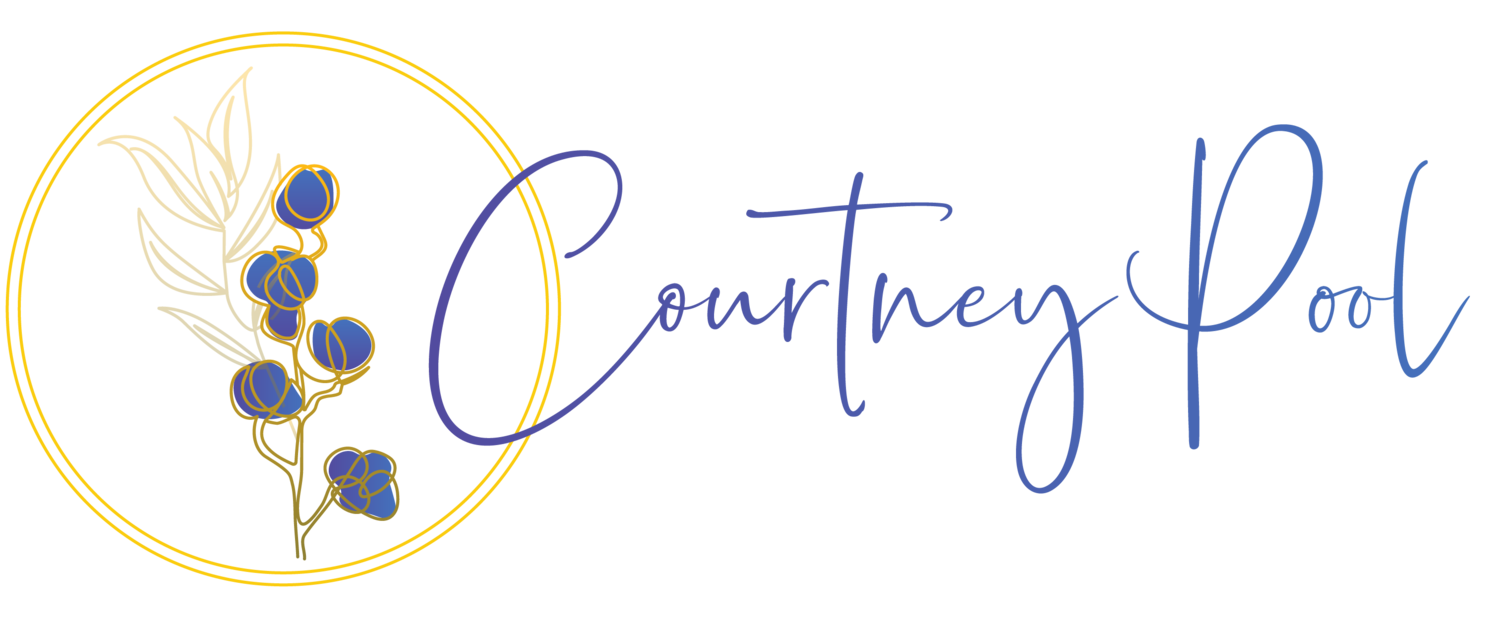Emotional Eating – An Update
The last time I wrote in depth about this was a while ago – February! You can view that post here.
Since I wrote that post in February, I have completed two successful cleanses. I have done a 2 week Juice Feast (March) and a 1 week juice fast (May).
Currently, in my journey of healing emotional eating, I am working on moderation and balance. With eating/food/body image, as well as certain other aspects of my life, I have always had all-or-nothing, black-or-white views and behaviors. A large part of this healing has been letting go of that mentality. Right now, I realize that is the next important aspect for me to heal.
I am great at fasting. It’s easy for me. Truly, it’s a breeze. Longer ones – 30+ days can be difficult, but shorter than that I am totally up for. It didn’t used to be that way; it’s taken many years of practice to be able to go that long.
I am also great at overeating. I define overeating as eating more than my body truly needs to function during whatever I am doing that day, and also eating when my body is not hungry. By this definition, I overeat nearly every day. Out of habit, boredom, or stress – anything really.
When I get in the mindset of fasting, I don’t even crave food, don’t struggle with the fact that I’m not eating. But when I am eating, I tend to eat whatever I want, whenever, whether or not I’m hungry, and whether or not it’s balanced.
What I am choosing to cultivate is moderation. How to simply eat what my body needs. This is the practice of a lifetime, at least for me. Moderation is tricky to cultivate when one has a history of food addiction.
I have a philosophy on why it is so difficult for many of us to break free from attachment to food. It feels to me (I can always be wrong!), like asking an alcoholic to learn how to only drink only one small glass per day and no more, meanwhile keeping the rest in their fridge. Food is a tricky addiction. It’s not like alcohol, drugs, TV, sex, or pretty much anything else I can think of. All those things we can live without, we don’t have to practice moderation of them if we don’t want to. We can take long breaks from them in order to observe what is behind our addictive behavior.
Luckily, fasting is there for us to do that with food, although we can only go so long without some solid food. When I fast, and during which I truly make a commitment to spend quiet inward time, journal, meditate, and spend time in nature, I gain huge insight. For me, fasting provides exactly the safe space I need to step back from my intimate daily interactions with food, and observe what is underneath/behind. With each juice fast/feast I do, I discover more, and am able to integrate just a little more moderation when I go back to food.
In no way do I feel fasting to deal with emotional eating is appropriate for everyone. In fact, if someone is really struggling with severe food addiction, as I was several years ago, I have found that fasting can be detrimental. It can trigger binges and really be a set back. I recommend fasting in this way only for someone who feels they can adequately return to food and not binge. Do not take on a fast if it feels like it will be a huge challenge. You will rebel. Doing a fast in a highly supportive environment spiritually and emotionally may work as well. I used to binge after fasting, now I don’t. I do still overeat, but I never binge – hence why fasting is developing, finally, as a helpful tool for me.
I encourage anyone else who is also learning moderation and balance with diet or any aspect of their lives to acknowledge that it is no small task. If you are taking it on, commend yourself. I believe this kind of healing is very profound, and showing ourselves compassion, patience and love during the process is called for.
May we find the balance between determination and focus, and patience and compassion!
In this with you,
Courtney


